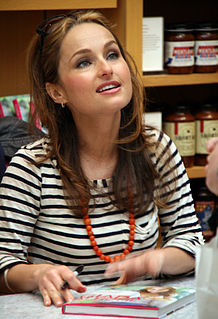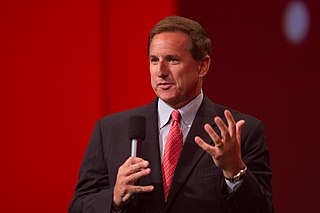A Quote by Gordon Ramsay
How many chefs do we know that prefer cooking for chefs than they do customers, yet customers are returning repeatedly and it's the level of support that determines the level of success that restaurant will have.
Related Quotes
We have very professional, amazing chefs that are contestants. Most of them have their own restaurants and are settled, recognized chefs in Mexico. That gives the show [Top Chef] a different level completely; the gastronomic level is very high. It makes it all more interesting and the competition is just harder and harder.
I'll basically eat anything that a chef puts in front of me. One of the reasons is respect for the chef. I watch chefs eat at other chefs' restaurants, and they're very aware not to leave anything over because the chef is watching very closely. It's a very sincere interaction when two chefs are cooking for one another.
Nine out of ten English chefs have their names on their chests. Who do they think they are? They're dreamers. They're jokes. Just ask yourself how many chefs in this country have Michelin stars and how many have their names on their jackets. We all wear blue aprons in my kitchen because we're all commis. We're all still learning.
Many chefs of a certain caliber do not see me as a chef. I don't have a restaurant. They see me as a TV food personality, not a chef. I've gotten respect, trust me, they respect me, but I think that I can't hit that particular level of respect from them until I have a successful Vegas restaurant that not only makes money but creates unbelievable food and a fabulous experience. I don't think people think I can cook, and they don't think I know what the hell I'm doing.
Cooking is work that is traditionally done by working-class people. The work itself is not glamorous. It's repetitive, and it's a lot closer to factory work than art, whatever level you're doing it at. Certainly chefs are used to living like rock 'n' rollers to some extent, inasmuch as we get a lot of those fringe benefits without having to learn how to play guitar.

































